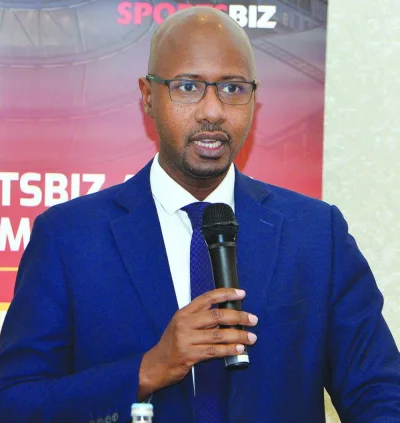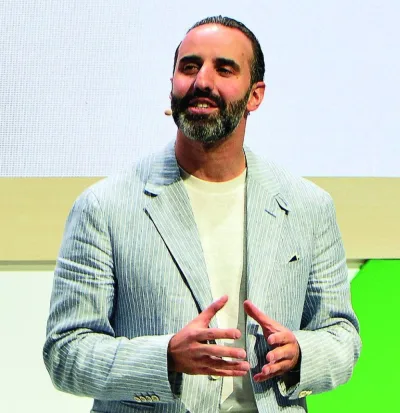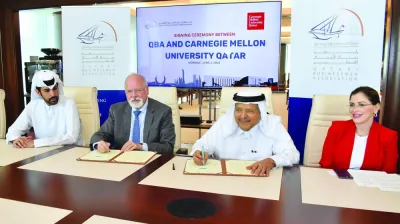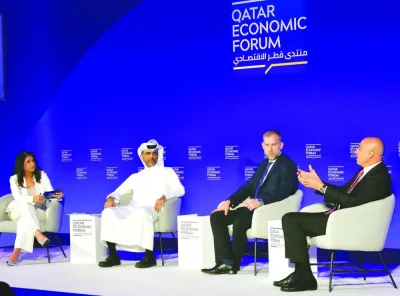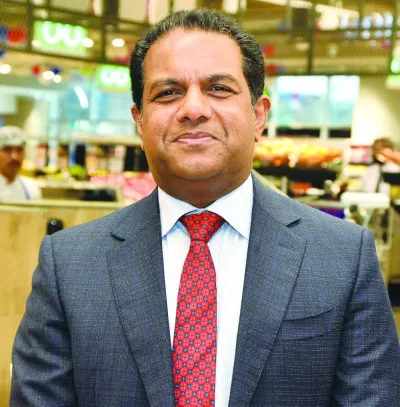Rwanda is looking to Qatar to attract investments through a range of sports-related initiatives, an embassy official has stated, citing Kigali as a regional hub for conferences, sports, tourism, and innovation.Speaking at a recent networking event in Doha, Jean Claude Ngarambe, first secretary at the embassy of Rwanda in Qatar, lauded the Gulf nation’s “strong diplomatic ties” with his country and the “shared vision for sports as a transformative power.”According to Ngarambe, Qatar’s successful hosting of the 2022 FIFA World Cup has shown the world what is possible when sports is embraced not only as a form of competition, but as a national development strategy.“Through strategic investment, infrastructure, and global events, Qatar has become a beacon of what sport can achieve in the 21st century,” Ngarambe emphasised during the event, which explored opportunities to be presented at the ‘SportsBiz Africa Forum 2025’ (SBA2025), scheduled on September 9-10 in Kigali.During his speech, Ngarambe also highlighted Rwanda’s shared conviction that fostering sports and other related activities is “a powerful lever for youth development, for innovation, for socio-economic progress.”He explained that SBA2025 aims to unlock Africa’s potential in the global sports economy, noting that Africa's sports industry currently contributes only “0.5%” to the continent's GDP, far below the global average of “2%.”Despite this, Ngarambe emphasised that “the potential is vast,” with estimates suggesting that “every $1 invested in sport can yield up to $124 in economic value” due to the interconnected ecosystem of media, tourism, event management, infrastructure, technology, and talent developmentReferring to Rwanda, Ngarambe mentioned the country's reputation as a business-friendly partner with a strong legal framework, transparent governance, and efficient infrastructure, positioning Kigali as a regional hub for conferences, sports, tourism, and innovation.He reiterated that key features of SBA2025 will include a policymaker’s roundtable to create a continent-wide approach to industry growth and a deal room connecting investors with viable ventures.Ngarambe called on stakeholders from Qatar who participated in the networking event to join in Kigali and partner in building a sector that can “uplift communities, create jobs, and define Africa's future on its own terms.”He expressed hope that “as Rwanda and Qatar depend on our collaboration, let us work together to make the sports industry a shared success story for our economies, our youth, our continents”.Organised by Rwanda Events, in partnership with the Rwanda Convention Bureau, the networking event aimed to foster partnerships, promote investment opportunities, and share insights on the latest advancements in these interrelated fields during SBA2025.Christian Gakwaya, CEO of Rwanda Events, also underscored Qatar’s significant contributions to the global sports industry and its potential to collaborate on the upcoming forum.Gakwaya explained SportsBiz Africa as an initiative that began in Rwanda last year, built on four pillars: SportsBiz Africa Capital, a “$350mn” fund aiming to close at “$120mn” by September; SportsBiz Academy, focused on educating and training African talents for the global sports ecosystem; Sports Connect, a platform linking African talents with employment in the sports sector; and the SportsBiz Africa Forum, an annual two-day event.He also extended an invitation to attend the forum in September, highlighting its “deal room” for investment opportunities and a roundtable for 20-25 African sports ministers and ecosystem partners.

Peter Alagos
Peter Alagos reports on Business and general news for Gulf Times. He is a Kapampangan journalist with a writing career of almost 30 years. His photographs have been published in several books, including a book on the 1991 Mt. Pinatubo eruption launched by former Philippine president Fidel V. Ramos. Peter has also taught journalism in two universities.
Most Read Stories

